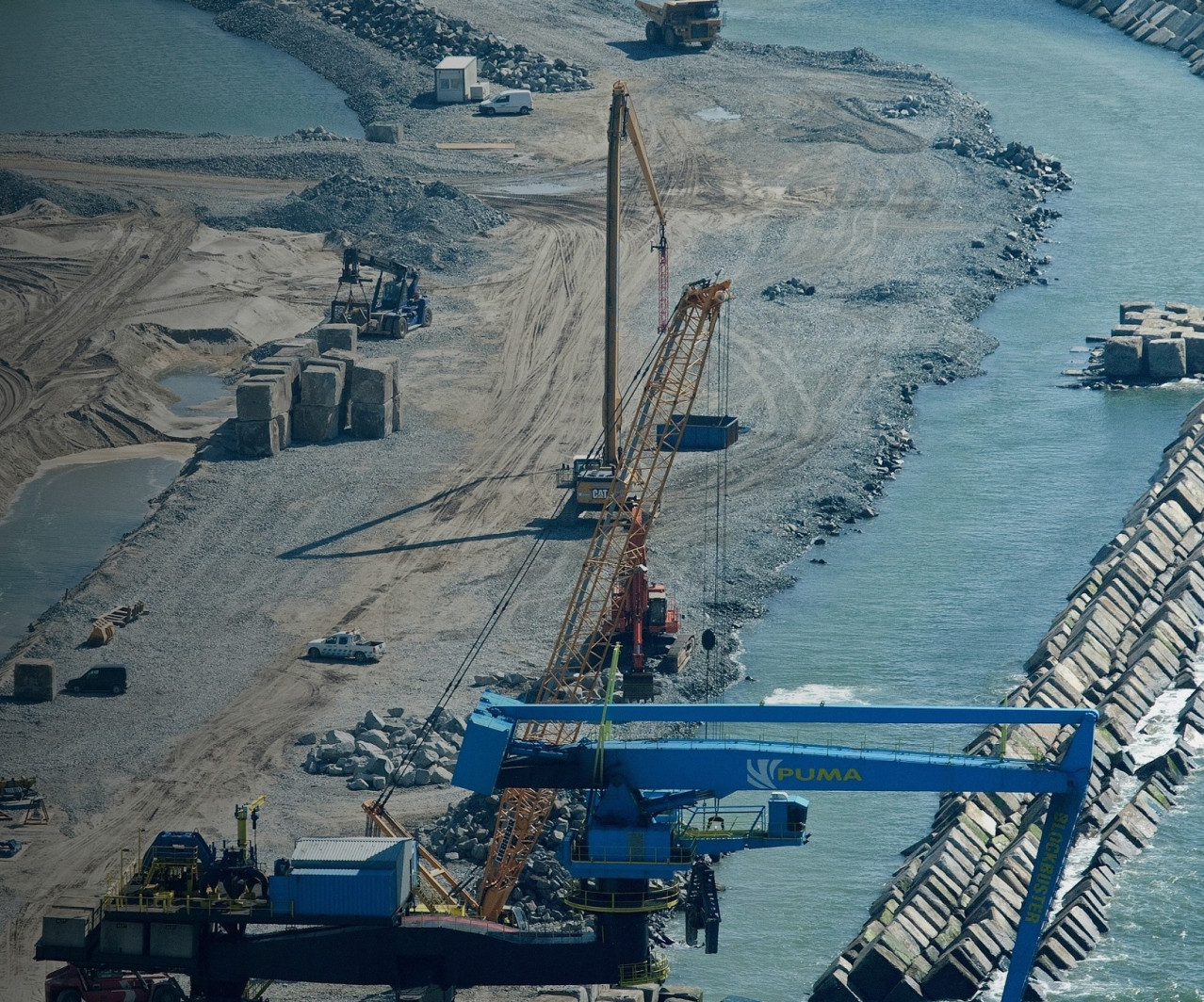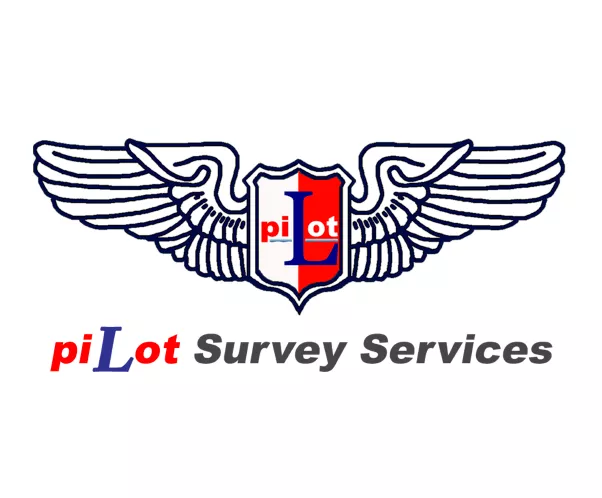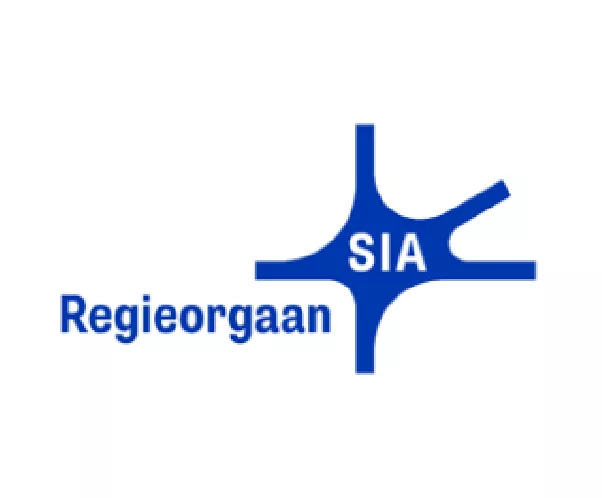

PD PROJECT
With global sea levels rising, the coastline needs to be protected from potential flooding. The design and verification process is crucial in coastal protection projects. Design drawings with tolerances are created before construction begins. During construction and final verification, the design is measured using survey data. The measurement techniques used can impact the construction process and may lead to contractual issues if not properly planned.
The research aims to improve the definition and verification of design specifications. It seeks to reduce potential claims and the time spent on contractual discussions, improve safety and enhance the competitiveness of maritime construction companies.
What is the motivation for the project?
With global sea levels rising, the Netherlands, in particular, faces the challenge of protecting its coastline from potential flooding. Four strategies for coastal protection are recognized: protection-closed (dikes, dams, dunes), protection-open (storm surge barriers), advancing the coastline (beach suppletion, reclamation), and accommodation through "living with water" concepts.
The construction process of coastal protection works involves collaboration between the client and contractors. Different roles, such as project management, project control, stakeholder management, technical management, and contract management, work together to ensure the project's success.
The design and verification process is crucial in coastal protection projects. The contract may include functional requirements or detailed design specifications. Design drawings with tolerances are created before construction begins. During construction and final verification, the design is measured using survey data. The accuracy of the measurement techniques used can impact the construction process and may lead to contractual issues if not properly planned.
What problem is the project solving?
The problem addressed in the research proposal is the lack of a comprehensive and consistent process for defining and verifying design specifications in coastal protection projects. Existing documents focus on specific aspects of the process but do not provide a holistic approach. The research aims to improve the definition and verification of design specifications through a systematic review of contractual parameters and survey methods. It seeks to reduce potential claims, improve safety, enhance the competitiveness of maritime construction companies, and decrease time spent on contractual discussions.
Who is the project team?
This is a Professional Doctorate (PD) research project. The research team consists of the PD candidate (H-J. Lekkerkerk) and two lectors (W. van der Velde, H. Koelman). The research subject is part of the BSc Course Ocean Technology and students will aid in the research through the collection of practical data and (theoretical) research into specific subjects. The research is performed jointly between NHL Stenden (MIWB) and piLot Survey Services.
As part of the research an advisory board has been formed which combines essential knowledge from the two disciplines Civil Engineering and Hydrography. In the advisory board Rijkswaterstaat, Boskalis, van Oord and Port Consultants Rotterdam contribute to the research.
How does the project team approach this?
First the specification of dimensions will be investigated in both literature and contracts. From these specifications the methods available for verification will be investigated using both literature as well as interviews with specialists. This should lead to a comprehensive overview of the state of the art but also of existing gaps and risks.
These gaps and risks will be addressed using best practices but also by developing new methods and algorithms.
What are the main (or preliminary) results?
The research will have several outcomes, including a body of knowledge describing existing and best practices, a set of best practices and recommendations for verifying specific design parameters, and supporting documents such as algorithms for verification.
Project partners





